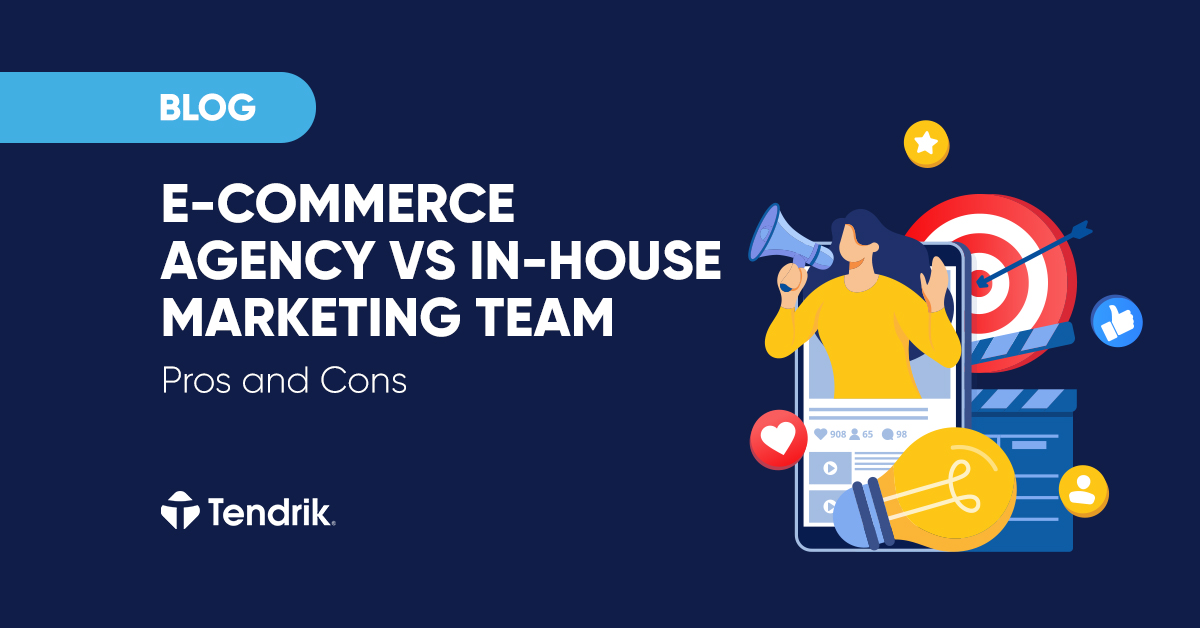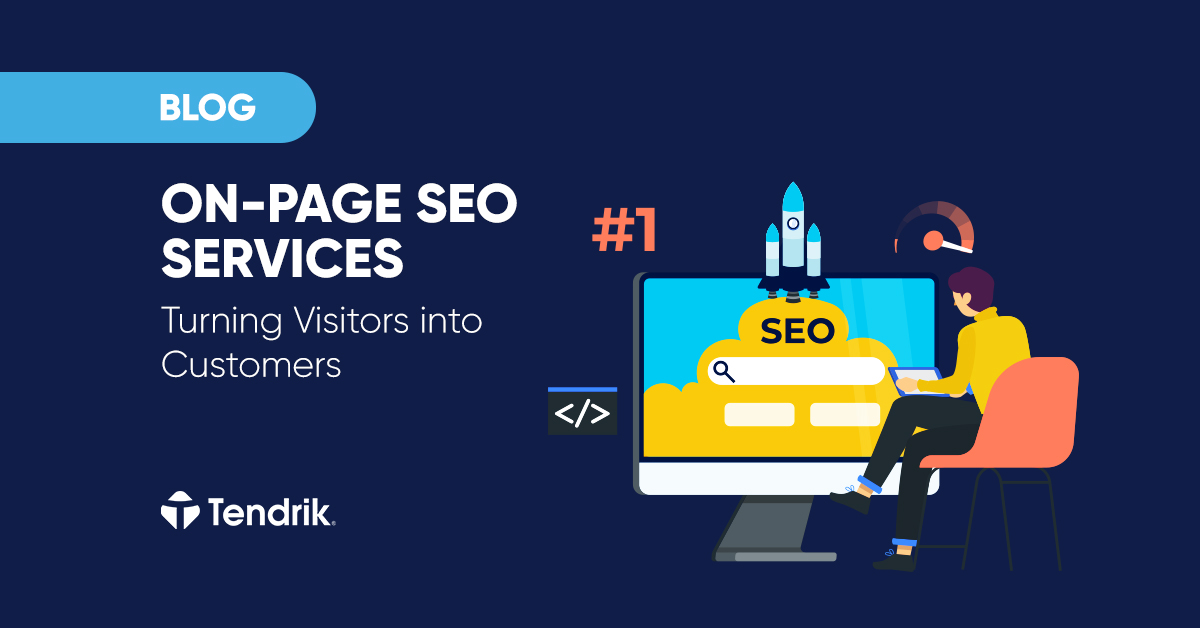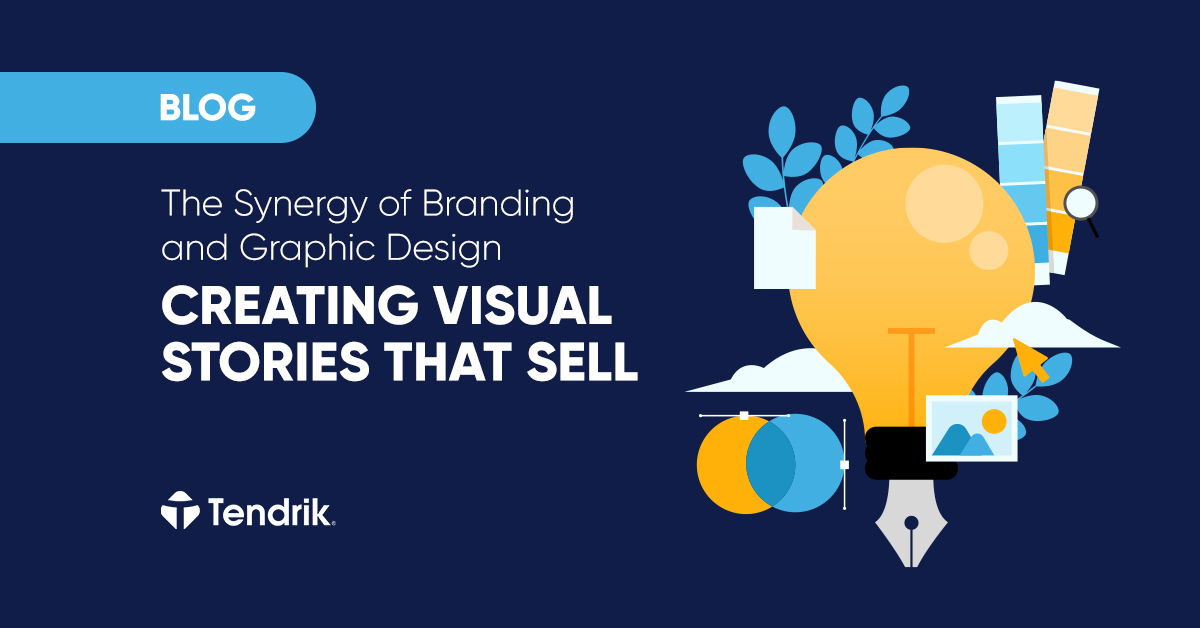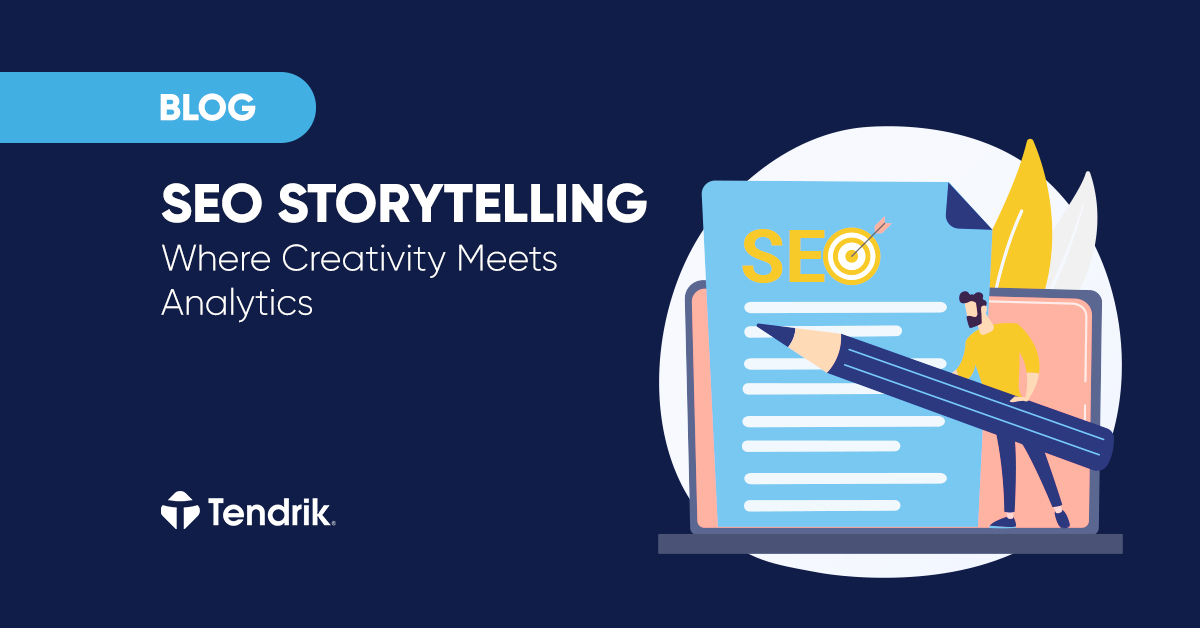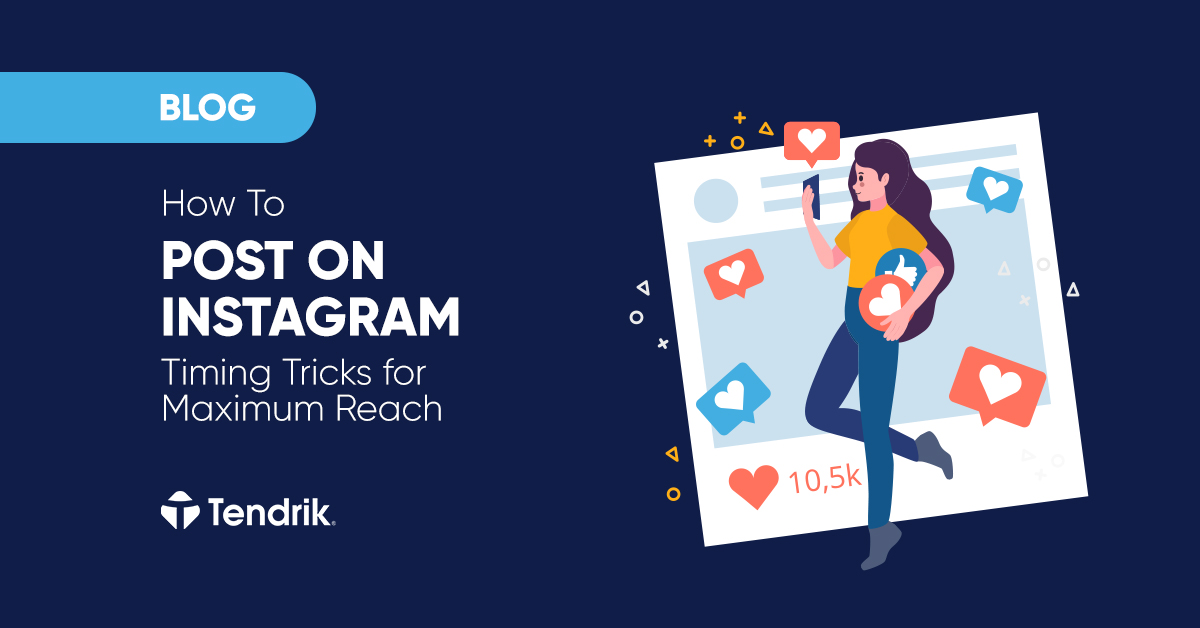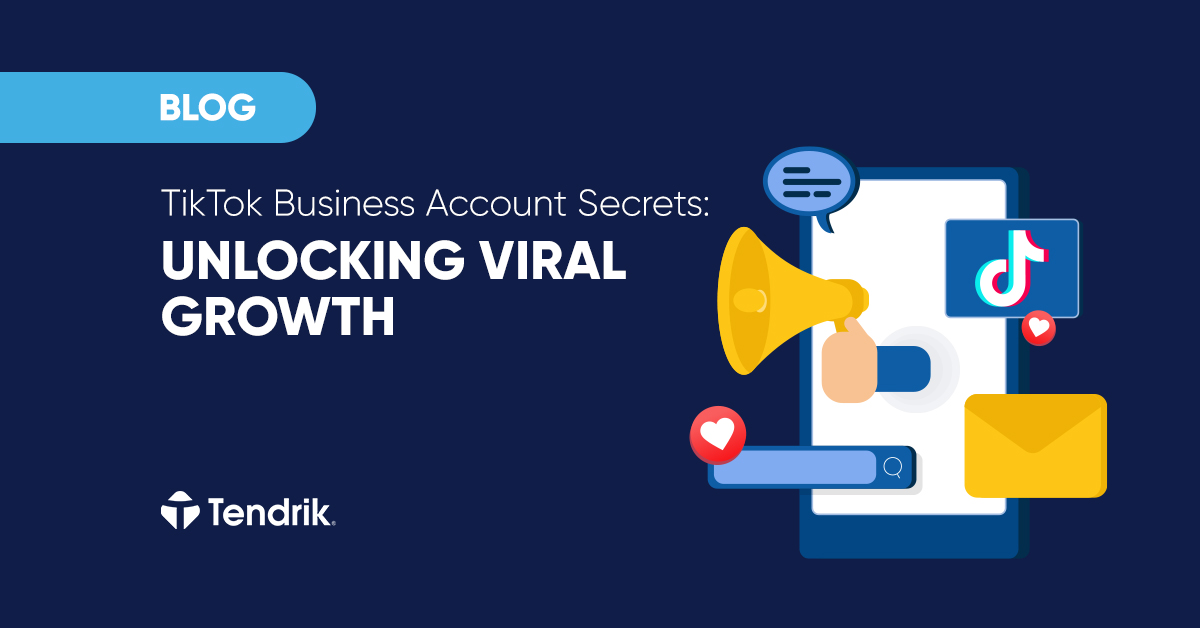In the high-speed world of e-commerce and digital marketing, the question isn’t whether you need marketing — it’s how you build the right team to deliver results. As competition stiffens and platforms evolve, brand owners face a pivotal decision: hire in-house or work with an agency for e-commerce?
Both in-house and agency models promise growth. Both have risks. And the best path? It depends entirely on your stage, resources, and ambitions.
Let’s walk through this decision together, with eyes wide open and numbers on the table.
Understanding the In-House Marketing Team Model
An in-house marketing team is just what it sounds like – a group of professionals hired by your business, working under your roof (physically or remotely), focusing marketing efforts solely on your brand. They’re salaried employees, part of your company culture, and aligned with your long-term vision.
Start-ups might begin with a marketing generalist — someone who can manage content, dabble in paid ads, and schedule posts for social media marketing. As you grow, that team can evolve into a structured department – SEO specialists, copywriters, performance marketers, and email experts all reporting to a marketing lead.
The main advantage of in-house marketing lies in control. You’re not briefing an outsider. You’re working with people who live and breathe your products daily. They understand your tone, your mission, and your unique customer base.
But that closeness comes at a cost; we’ll get to that soon.
What Does an E-Commerce Marketing Agency Offer?

On the flip side, e-commerce agencies are built for speed and expertise. These external teams specialise in digital performance, often working across industries and managing multiple client accounts simultaneously. Many are full-service operations, offering everything from paid search and social to conversion rate optimisation, email marketing, and even creative production for marketing campaigns.
A strong digital agency for e-commerce brings a tested methodology, advanced tools, and campaign data from hundreds of accounts. They can spot trends early, scale campaigns fast, and plug into your business without the delays of hiring.
The agency model is especially appealing when launching new product lines, entering new markets, or rebranding. You get access to marketing professionals who live at the bleeding edge of digital, without needing to build that expertise from scratch internally.
Still, it’s not without challenges.
Hiring an In-House Team – Pros and Cons
The Pros
First, let’s discuss why businesses lean toward building an internal team for their marketing needs.
An in-house team lives the brand. Every campaign is shaped by context – past performance, audience nuance, and cultural tone. Over time, they develop a sixth sense for what your customers respond to — and that’s invaluable.
You also benefit from faster collaboration. There are no external approval loops or third-party lags. Ideas get tested quickly. Creatives are reviewed in minutes, not days.
Another benefit is alignment. In-house marketers are immersed in your company’s goals, values, and vision. They attend team meetings, understand operational constraints, and contribute beyond campaign metrics. This often leads to deeper ownership and long-term consistency in your messaging.
The Downsides of Going In-House
Of course, building an internal team has drawbacks, and for many e-commerce businesses, cost is the first hurdle.
Hiring experienced marketing talent isn’t cheap. Add on national insurance, benefits, pensions, and training, and your monthly burn rate balloons. Worse, if you need multiple skill sets (PPC, SEO, email, creative), you’ll either hire specialists or stretch generalists thin.
Then there’s the question of tools. A proper digital setup often includes paid software: ad platforms, analytics, email systems, CRO tools, and more. Agencies already have these in place. In-house teams? They’ll expect you to foot the bill.
Lastly, internal teams can stagnate. Especially if your brand doesn’t test often or diversify channels, your team may lose touch with what’s working elsewhere. That’s where agencies shine.
Why Many Brands Choose E-Commerce Marketing Agencies and Why Not?
Benefits of External Agency
If you want speed, scale, and senior-level strategy, an e-commerce agency delivers. Most agencies operate with a results-first mindset. They know the metrics that matter — CAC, ROAS, LTV, and AOV — and how to influence them.
Agencies offer flexibility. Need a landing page this week? A Black Friday campaign next month? A new email funnel? An agency scales up and down based on need. There’s no need to hire or fire — just adjust the scope of work.
Crucially, agencies provide access to a much broader talent pool. You’re not relying on one marketer to “do it all.” Instead, you get a team of ad strategists, media buyers, copywriters, designers, developers — all managed under one roof to make perfect digital marketing strategies.
They also bring a sharper lens. Since digital marketing agencies work with many clients from different niches, they see what’s working across the market. They keep up with the latest marketing trends and know what competitors are doing. They use real-time data to test, tweak, and optimise faster than most in-house teams can.
What Are the Downsides of Hiring a Marketing Agency?
No setup is perfect, and agencies come with their own trade-offs.
The biggest concern is a lack of immersion. Even with weekly calls and a shared Slack channel, an e-commerce agency will never be as close to your business as someone on your payroll. They work for multiple clients. They don’t live your brand daily. That can lead to subtle (or significant) misalignments in tone or timing.
Then there’s communication. Great agencies prioritise collaboration — but not all do. Some vanish between meetings or struggle to deliver feedback loops fast enough for fast-moving e-commerce teams.
Cost is another factor. While often cheaper than building an in-house department, agency retainers still carry a price tag. And depending on the contract model (hourly, fixed, performance-based), deliverables might vary.
Cost: Agency vs In-House — Who Wins?
There’s no easy answer. But here’s a quick comparison based on UK averages:
- A mid-level in-house marketer may cost £45,000–£60,000/year, plus benefits and software;
- A full-service e-commerce agency may charge £3,000–£8,000/month, depending on services and scale.
In general, an agency is more cost-effective if you’re testing new markets, scaling campaigns, or running short-term projects. An in-house team makes sense when your strategy is mature, your systems are stable, and you want full ownership of the brand voice.
When Should You Build an Internal Marketing Team?

You should consider building an in-house team of marketing experts if:
- Your brand has a clear, long-term strategy.
- You want full creative and campaign control of marketing activities.
- Your products require deep understanding or technical expertise.
- You’re focused on brand consistency and internal collaboration.
If you can afford to hire top-tier talent and you have systems in place to support them, internal marketing may give you the edge.
When is an Agency the Smarter Choice?
Choosing to hire an agency may be better if:
- You’re launching fast or scaling quickly;
- You need access to specialist skills (without hiring five people);
- You’re testing and iterating often;
- You want speed, flexibility, and data-backed strategy.
Especially for early-stage or mid-growth e-commerce brands, an agency can help you reach milestones faster, without the growing pains of recruiting.
Is a Hybrid Model the Future?
Increasingly, businesses are choosing a hybrid marketing model. This means combining the best of both worlds: an internal marketing lead or small team supported by an external agency.
This setup allows for brand immersion and access to external insights. It ensures campaign control while leveraging outside speed and scale. Many of today’s best-performing e-commerce brands operate this way.
In the end, the debate isn’t about which model is “better”. It’s about which model fits your business right now.
An agency isn’t a magic bullet. And in-house isn’t always more efficient. What matters is where your business stands, what your team can handle, and how fast you need to move.
So before choosing sides, ask:
What are your marketing goals? What’s your budget? What kind of control do you want — and what kind of results do you need?
The right answer is the one that helps you grow.
Ready to Find the Right Fit for Your Brand?
At Tendrik, we help e-commerce businesses grow faster — whether you’re building your internal team, partnering with a marketing agency, or combining both.
If you’re unsure which route is right for your business, let’s talk. Our team can audit your current strategy, explore your goals, and recommend the smartest way forward — no hard sell, just real insight.
Contact Tendrik today and take the first step toward smarter, scalable marketing.

